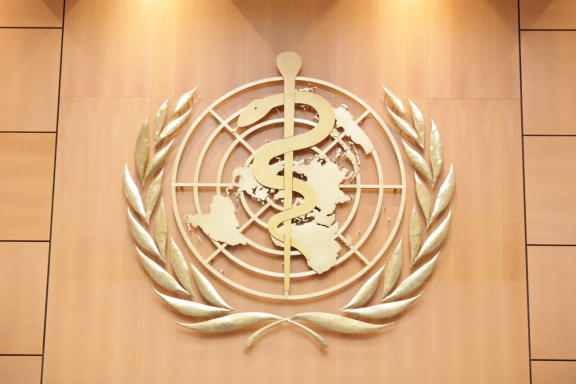FDI consults with its network to submit a consolidated response to WHO’s draft global oral health action plan
FDI consulted with its network to submit a consolidated response, which spotlights antimicrobial stewardship, Noma, and the leadership role of dentists.

Political commitment to oral health is growing. The World Health Organization (WHO) published the draft global oral health action plan for public discussion in mid August 2022. In its response, FDI recommits to optimal oral health for all by 2030, spotlights antimicrobial stewardship, Noma, and the leadership role of dentists.
Building on the political commitment to oral health
With an estimated global prevalence of 45%, higher than any other noncommunicable disease, oral diseases threaten the Sustainable Development Agenda and the achievement of "health for all". FDI’s global advocacy efforts to increase oral health literacy and action on oral health in all countries remain critical, especially as we count down to the 10th anniversary of the Sustainable Development Agenda and the 4th United Nations High-Level Meeting on Noncommunicable Diseases in 2025.
Building on the landmark oral health Resolution WHA74.5 and the new Global Strategy on Oral Health A75/10 Add.1,which were approved at the 74th and 75th World Health Assemblies (WHA), respectively. In mid August 2022, WHO published the draft global oral health action plan for public discussion before its submission to the 152nd session of WHO's Executive Board (30 January –7 February 2023). FDI led a consultation with its stakeholders, including members, Council, Committees, Task Teams, partners, and other organizations so that a consolidated response could be submitted.
Spotlighting key topics to strengthen the action plan
The draft action plan aligns with FDI's roadmap – Vision 2030: Delivering Optimal Oral Health for All and other urgent priorities. It builds on the solid foundations of Universal Health Coverage (UHC), primary health care (PHC), integrated people-centred care and the life-course approach. These interlinkages present significant opportunities to address the social and commercial determinants of oral health. FDI commended WHO for the scope and the ambitiousness of the proposed targets to be achieved by 2030.
FDI’s response calls for more concrete leadership roles for dentists and promotes oral care 'integration' rather than 'alignment' with other relevant programmes. FDI also urges governments to prioritize the training and retention of competent dental care teams.
The proposed actions to phase down dental amalgam in line with the Minamata Convention on Mercury are commendable. FDI strongly recommends investing in public health measures to support early detection and prevent oral diseases to reduce the overall demand for restorative materials, including dental amalgam. FDI also recommends research on quality, affordable, safe, accessible, and reliable alternatives.
FDI’s response reaffirms its commitment to the vision to lead the world to optimal oral health. We stand ready to partner with WHO, its Member States and other relevant stakeholders to implement the global oral health action plan (including its monitoring framework and 2030 targets).
